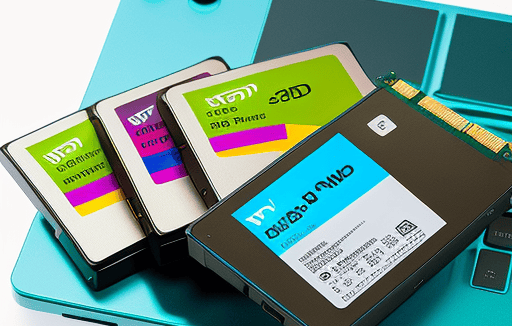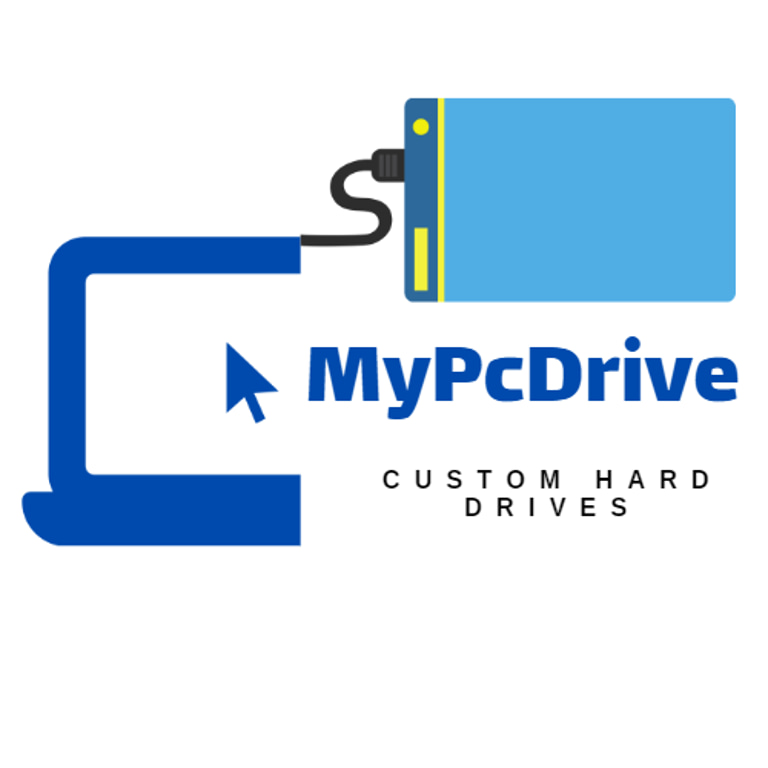Types of Laptop Hard Drive
Which hard drive to choose?
PRE INSTALLED HARD DRIVES
4/13/20232 min read


When it comes to laptop hard drives, the speed and performance can vary greatly depending on the type of drive you have. There are a few different types of laptop hard drives to choose from, and each has its own advantages and disadvantages.
The most common types of laptop hard drives are 5400RPM and 7200RPM drives. A 5400RPM drive is slower than a 7200RPM drive, which can impact the overall speed and performance of your laptop. However, a 5400RPM drive can still provide sufficient storage space and is often more affordable.
If you want faster speeds and better performance, an SSD (Solid State Drive) is a good choice. Unlike traditional hard drives, SSDs use flash memory to store data, which makes them much faster than standard hard drives. In fact, SSDs are typically up to 10 times faster than traditional hard drives, which can significantly improve your laptop's performance.
For the best performance, you may want to consider a 1.8" NVMe drive. These drives are even faster than SSDs, with read and write speeds that can reach up to 3 GB/s. However, these drives can be more expensive and may not be necessary for all users.
When choosing a laptop hard drive, it's important to consider your needs and budget. If you want more storage space at an affordable price, a 5400RPM drive may be sufficient. If you want faster speeds and better performance, an SSD or 7200RPM drive may be a better option. And if you want the fastest speeds possible, a 1.8" NVMe drive may be worth the investment.
It's important to note that the type of hard drive you can use may depend on your laptop's specifications. Some laptops may not be able to support certain types of hard drives. If you're unsure what type of hard drive your laptop supports, you can check the manufacturer's website or contact their support team for guidance.
Changing hard drives on a laptop can be a complex process, and it's important to be familiar with the BIOS settings. The BIOS is a built-in software that controls the basic functions of your laptop, including the hard drive. To change the hard drive settings in BIOS, you'll need to access the BIOS settings menu during startup. The function key used to access the BIOS settings can vary depending on the manufacturer, but is typically F2, F12 or Del. Once you're in the BIOS settings, you can navigate to the hard drive settings and adjust them as needed.
In summary, the type of hard drive you choose for your laptop can have a significant impact on its performance. Consider your needs and budget when choosing between a 5400RPM, 7200RPM, SSD, or 1.8" NVMe drive. And if you're changing the hard drive in your laptop, make sure to be familiar with the BIOS settings and how to adjust them.
